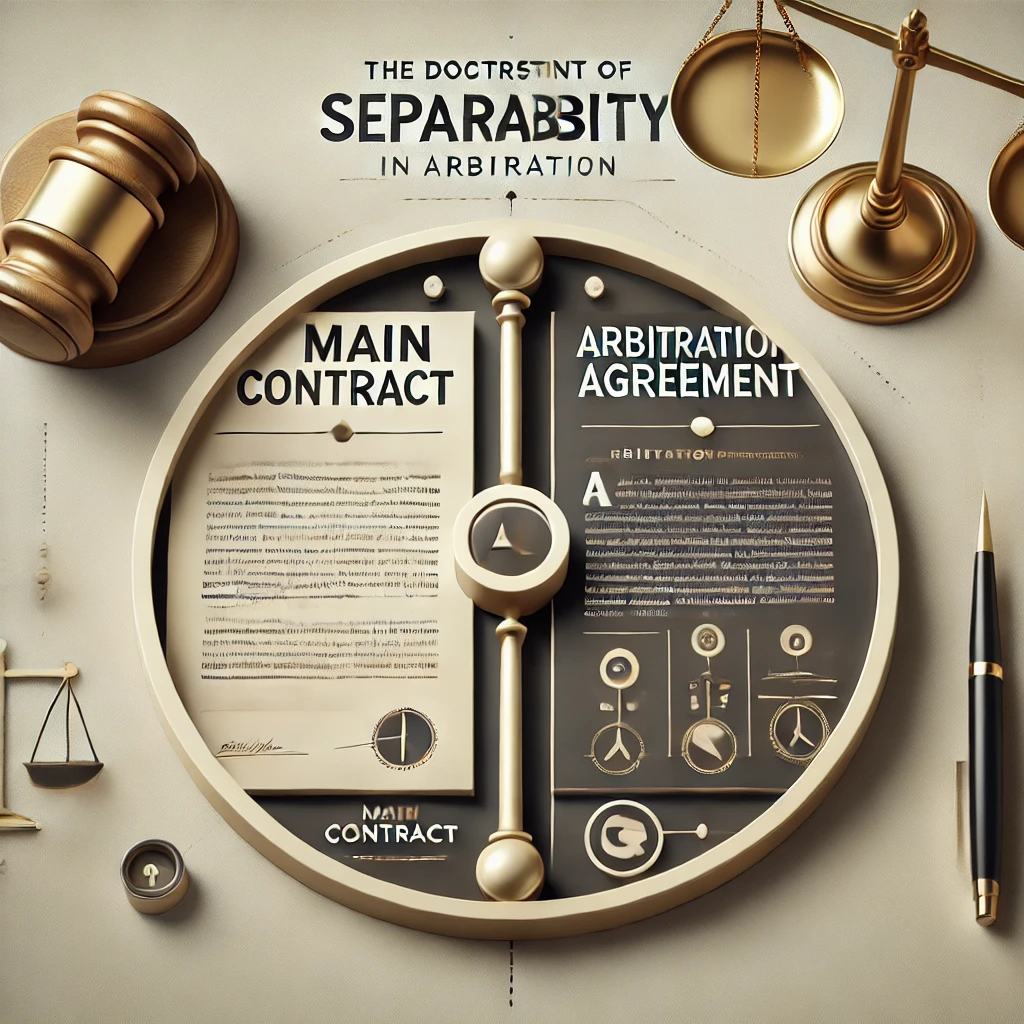An Assessment Of The Status Of Kwara State Governor Vis-A-Vis The Constitutional Right To Peaceful Assembly And Association: The Legal Line Between Politics and Governance
By
ONIKEKE MUSA Abdulgafar Oluwasegun

Here is the popular nursery rhyme that democracy is the government of the people by the people and for the good of the people. In my considered view, politics is a means or process of attaining power as Section 1(2) of CFRN 1999 (as altered) is to the effect that nobody can take the control of the government of the state or any part thereof except in accordance with the provision of the constitution. While governance is the art of management or administration of the state powers and resources for the good government and welfare of the people as stated in Sections 4, 5, and 6 of CFRN 1999 in line with the fundamental objectives and directives principles of state policy provided in Chapter II of the Constitution.
What actually inspired this article are the alarming cases of the immediate Former Governor of Lagos State, Akinwumi Ambode who could not secure his second term because he was reportedly not a party man; the incumbent Governor of Edo State, Godwin Obaseki who just defected from APC to PDP purposely for the party ticket to run for his second term; and the current brewing Kwara APC intra-party conflict of interest between the individual camps to the extent of which the State Chairman of APC in Kwara State on an opened air radio session publicly berated the 365 Days Achievements of His Excellency, Governor Abdulrahman Abdulrazaq of Kwara State.
Though the line between politics and governance has long been drawn purposely for good or effective governance and the development of our democracy in Nigeria. Godfatherism alongside enormous affiliate party influence and politics has indirectly been promoted in grand style and eroded us the good governance, quality representation, a modeled leadership style, effective administration by persons of incomparable competence and dividend of democracy at a very fast pace.
My fear of the future unknown of the fate of Governor Abdulrasaq Abdulrahman as regards his second term motivated me to assess his status both legally and politically to see where the possible way out is as the Party Leader, the Governor of the state and a patriotic Nigerian. Politically speaking, the governor, after swearing in automatically becomes the Leader of the party with political responsibilities and interests to manage as incorporated in the Constitution of the party. The reason being that it is through the party that the Governor ascended into power and party ideology must be sustained and interests have to be attended to. The overriding importance of a political party over a candidate is comprehensively stated by the supreme court in the case of Ameachi v. I.N.E.C (2008) 5 NWLR (Pt. 1080) 227 at Pp. 317-318, paras. F-B; 318-319, paras. DC; P. 453, paras. AG that “Section 221 of the 1999 Constitution effectually removes the possibility of independent candidacy in our elections, and places emphasis and responsibility in elections on political parties. Without a political party a candidate cannot contest. The primary method of contest for elective offices is therefore between parties. If as provided in section 221, it is only a party that canvasses for votes, it follows that it is a party that wins an election. A good or bad candidate may enhance or diminish the prospect of his party in winning but at the end of the day, it is the party that wins or loses an election. The failure of respondent’s counsel to appreciate the overriding importance of the political party rather than the candidate that has made them lose sight of the fact that whereas candidates may change in an election but the parties do not. In mundane or colloquial terms, a candidate has won an election in a particular constituency but in reality and in consonance with section 221 of the constitution, it is his party that has won the election.” Per. Oguntade JSC
The legal line begins between politics and governance when the supreme court considered the extent and status of a party vis-à-vis the Nigerian constitution in Amaechi v. I.N.E.C [2008] that “The political parties are a creation of section 221 of the 1999 Constitution which by its section 222, imposes the duty on parties to file copies of their constitution with Independent National Electoral Commission (INEC). Nothing in a party’s constitution can override or be superior to the Constitution of Nigeria and the Laws validly enacted by the authority of the Nigerian Constitution.” Per. Oguntade, JSC. See also MUSA v INEC

However, the law sees the Governor according to Section 176 of CFRN 1999 as the Chief Executive of the State of the Federation upon taking the oath of office to maintain and defend the Constitution and provide for the welfare of the people in the exercise of the executive powers of the state vested in him as stated in Section 5 (2) of CFRN 1999 but not as a party man. The reason being that the electorates are watching the Governor and how he exercises the powers which they have given at the time of election. Those electorates are entitled to renew a Governor mandate by voting him into power for second term or withdraw such mandate where such a governor does not perform to there satisfaction. Sovereignty belongs to the people from whom the government and its authorities through the constitution derives all its powers and authority. See Section 14(2) (a) of CFRN 1999(as altered)
It is worthy of note that where the Governor defects to another party recognized by INEC, he does not loose his seat because such will amount to penalising him for exercising his fundamental right to peaceful assembly and association as a patriotic Nigerian. Hence, he remains in office as the governor. Per Onnoghen, JSC at 105’s holden is to the effect that no where in the 1999 Constitution was it stated that the Governor or Deputy Governor should or could be removed if he defected to another political party in so far such party is recognized by INEC. Though such defection is painful, unconscionable and immoral, but it is yet not illegal. Section 40 of the Constitution guaranteed citizens of the country freedom of association. The constitutional right to belong to a political party or association is guaranteed by the Constitution. Per Muhammad, JSC at 147; Per Aderemi, JSC at 155 holdings were to that effect. Atiku v Attorney General of the Federation (2007)SC
It is now very clear that where a Governor can not secure his party ticket to run for the second term and he changes is party just as the case of Godwin Obaseki, he retains his seat and the right to change his party in the struggle for mandate renewal for effective management and administration of the states which is a beneficial line between politics and governance in the development of our democracy.
ONIKEKE MUSA Abdulgafar Oluwasegun
undergraduate student of Faculty of Law, University of Ilorin.
08163007928
onikekemusaabdulgafar@gmail.com





















